With the price of gasoline increasing every day, lots of people have resorted to using public transportation to save money.
These days, it takes at least $100 to fill your tank and unfortunately, not everyone has the luxury of switching to an electric vehicle.
For those living in a low-income area, public transit is oftentimes the only option for commuting to work or school. As a matter of fact, 70% of people who use LA Metro services are from low-income areas.
51% of LA Metro customers live below the poverty line.
In the case of the younger generation, many are unable to drive or do not have a car so they rely on public transit. College students commonly use public buses to commute to campus.
During the pandemic, LA Metro buses and railways allowed riders to ride free of charge.
As a result, the number of people using the service increased. This was especially helpful to the people who have lost their jobs during the COVID-19 shutdown and for people in low-income areas.
As of Jan. 2022, fares have resumed. Although fares are still under $2, which may seem affordable, it is still too expensive in the long run.
Gone is the convenience of getting a free ride to work or school. Now, riders of LA Metro have to pay $1.75 per ride. Other lines in the area such as Norwalk Transit and Long Beach Transit charge a little less at $1.25 per ride.
For someone who relies solely on public transit to get somewhere, be it school or work, they would need to pay for two trips daily. If the rider is paying $1.75 for one trip and again for the trip back, that adds up to $3.50.
That may not seem like much but consider this; oftentimes people’s commute to work isn’t as simple as taking just one bus. Depending on the location, oftentimes riders have to take multiple routes to get to their destination.
Now, multiply that amount by the number of days a week someone works.
For example, if someone is working five days a week, they take two buses to get to work and back home, and they pay $1.75 on one bus and $1.25 on another. They pay $3 on that first trip and another $3 on the trip back.
Multiply the $6 by the number of days they work: and that’s $30 a week on public transit expenses. Over the course of one month, that adds up to $120-$150 a month.
The community would benefit more if fares were lower or free of charge.
A survey conducted by Strategic Actions for a Just Economy states that over 70% of public transit users make under $15,000 annually.
67% of the people surveyed also reported that they use public transportation daily.
93% of the people surveyed stated that they would ride the bus more if the fare was free.
Ridership increased when fares were not being charged. That being said, it would allow for economic equity by allowing people to spend their money on essentials.
Transit lines should implement a lower fare system or a fareless system to aid the community and improve the quality of living for the people in the LA county area.



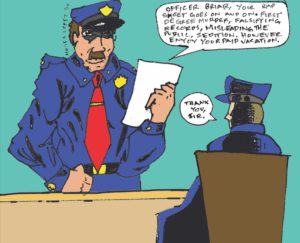

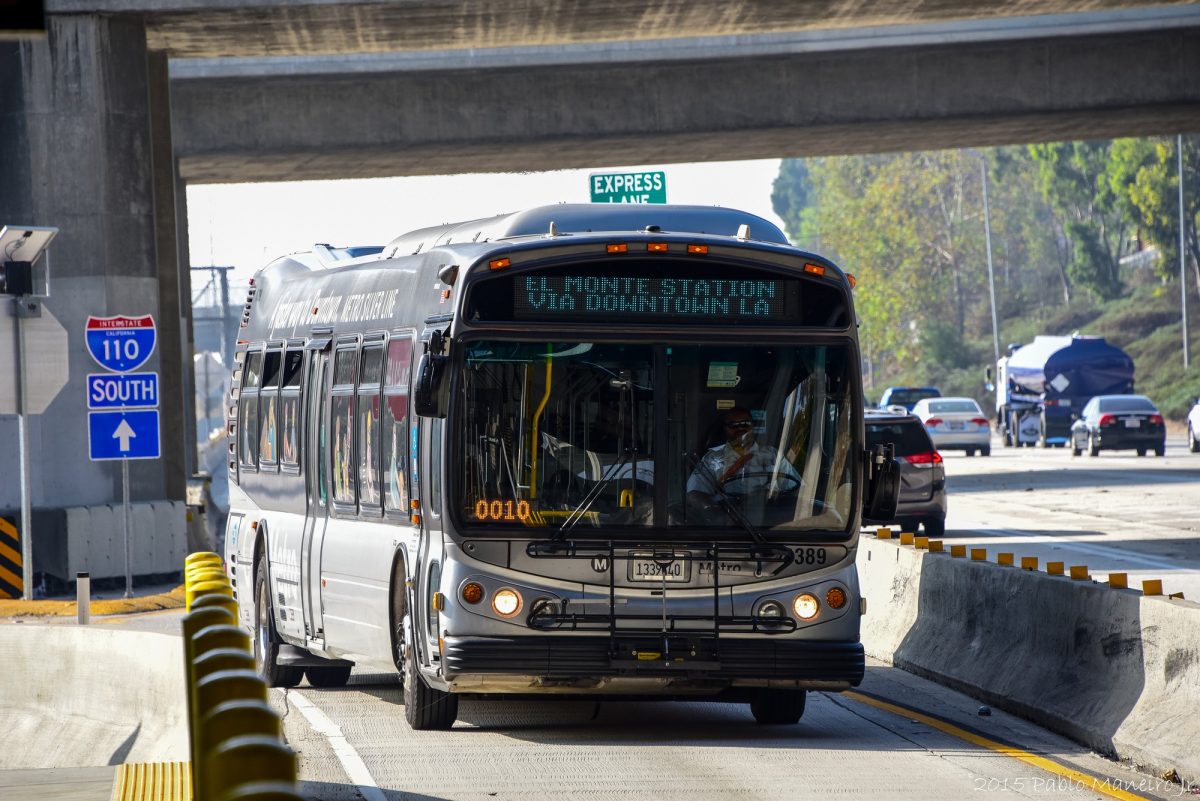

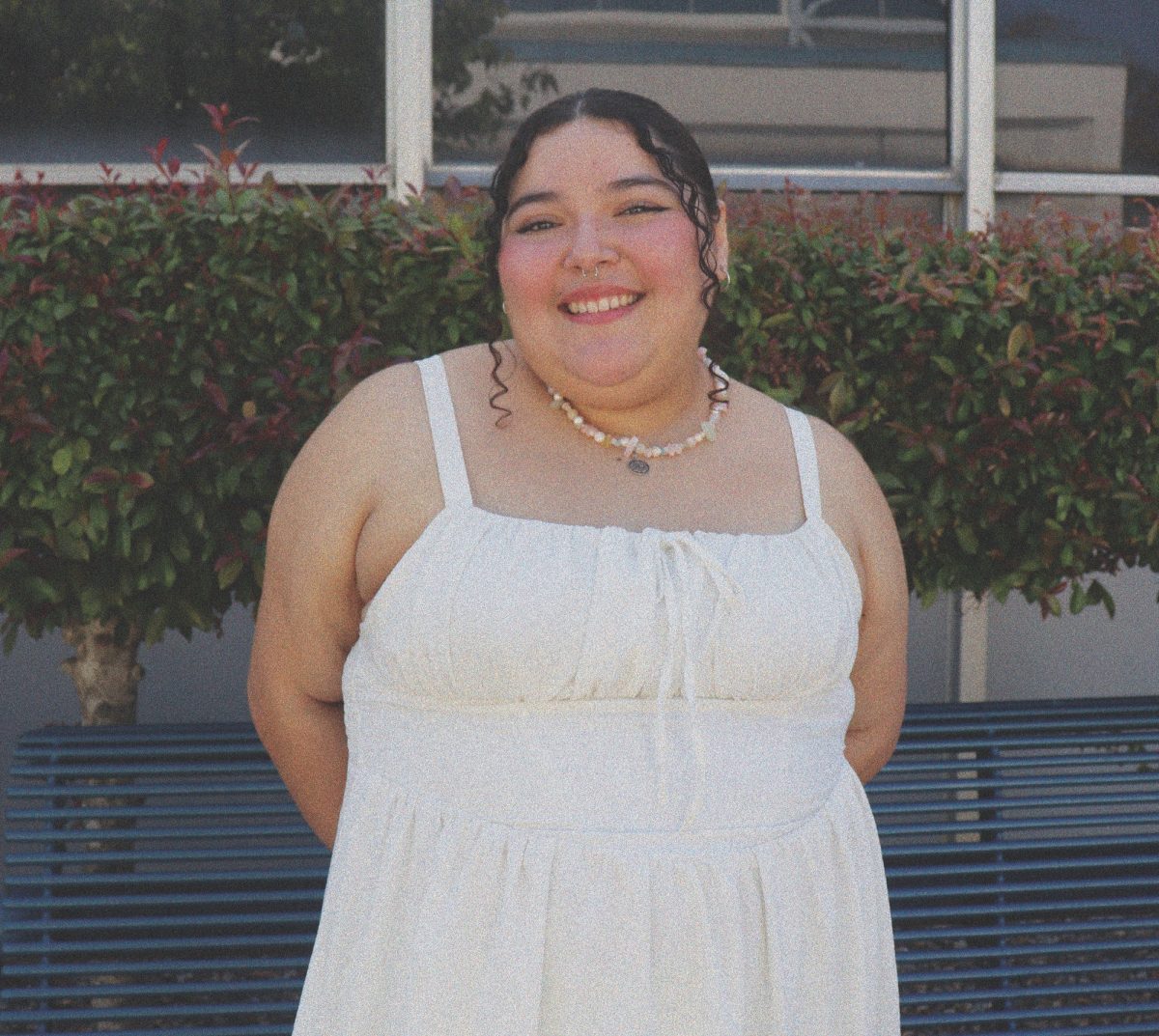
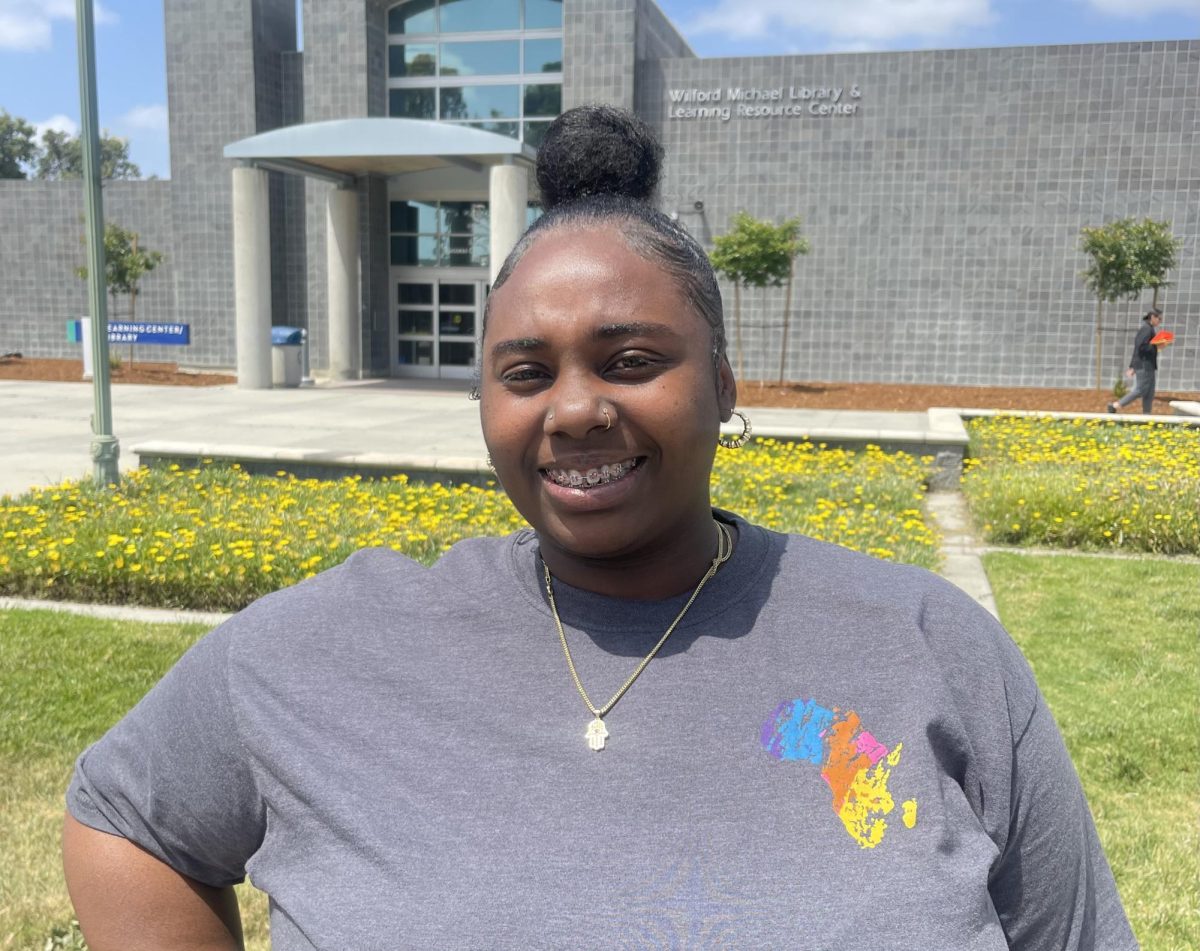
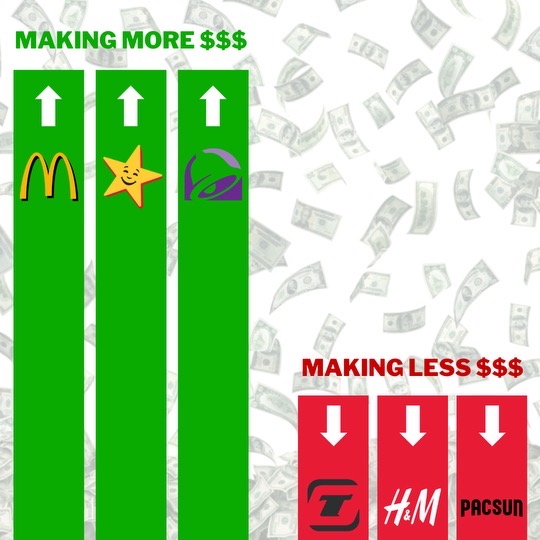
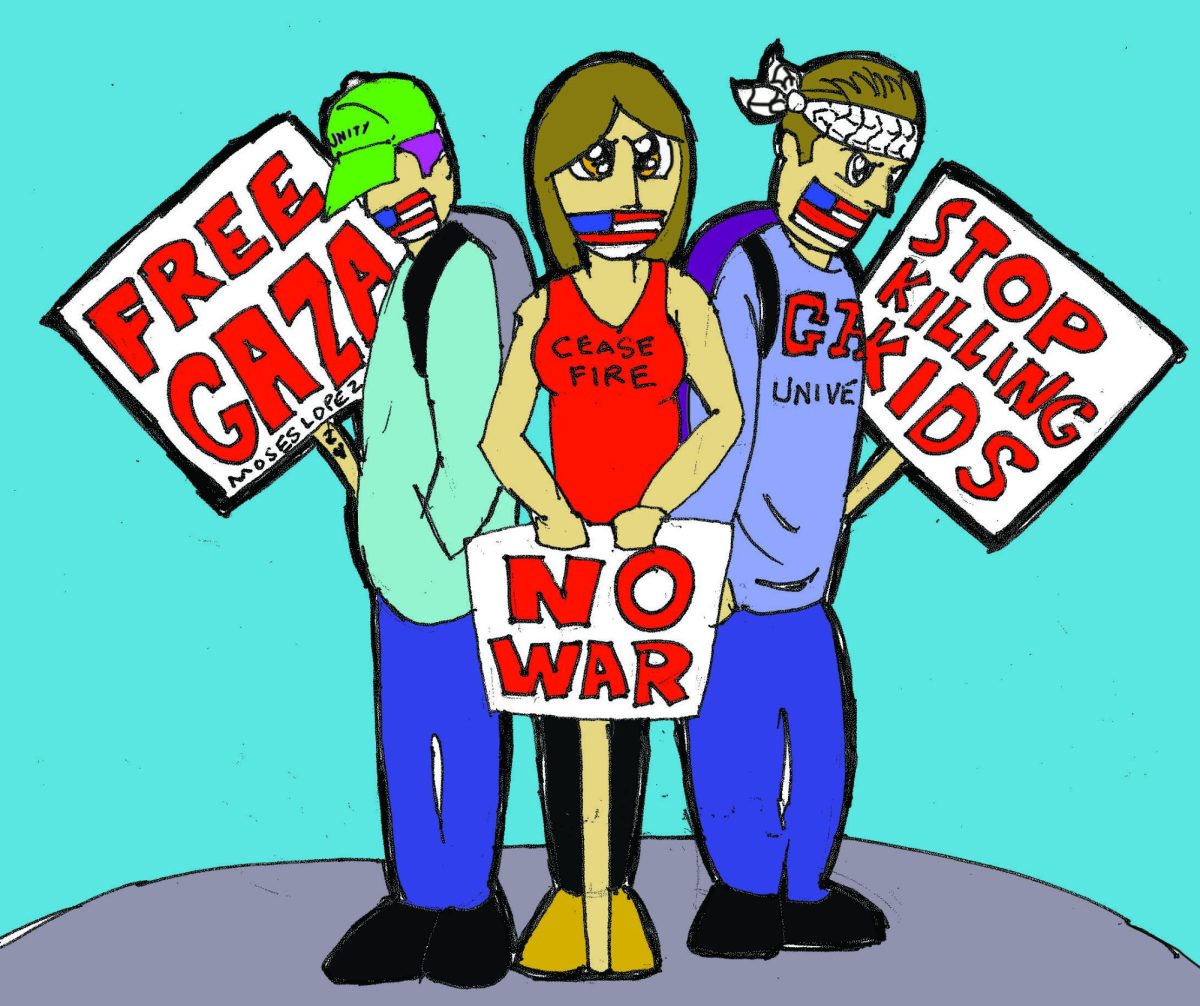
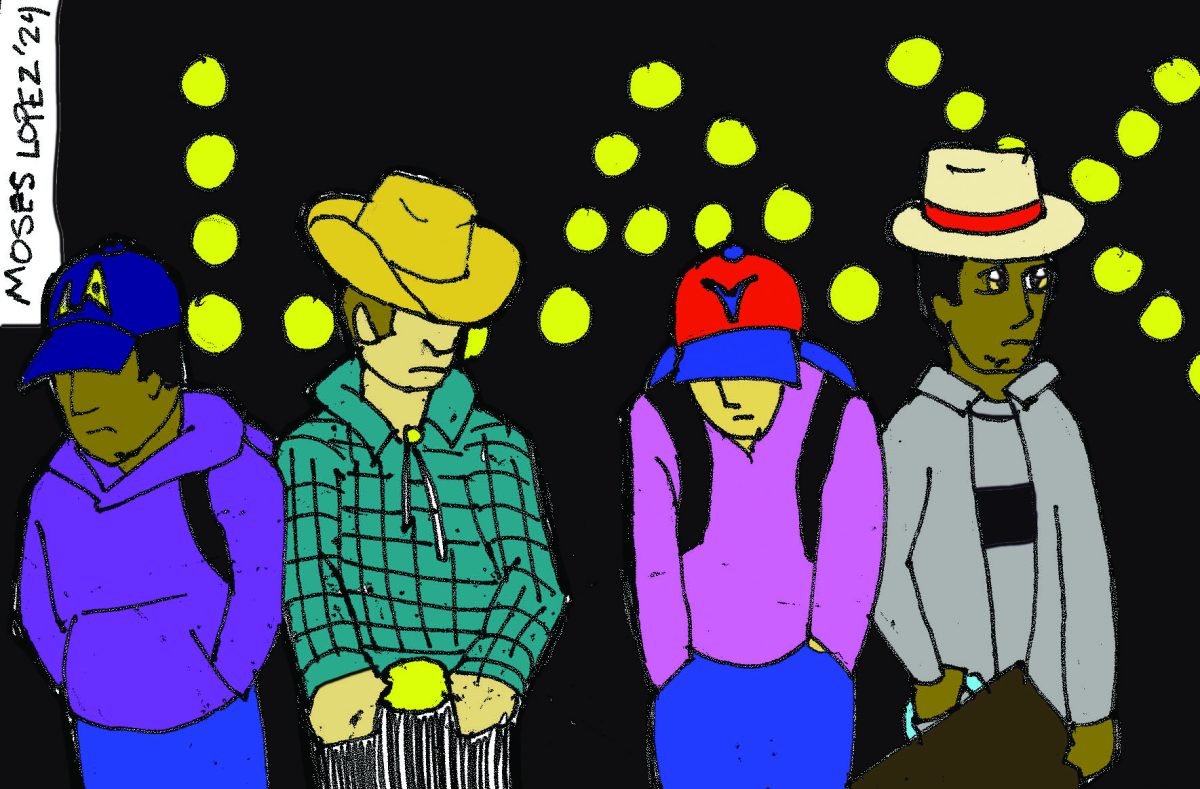
Pamela Sztyblewsky • Sep 7, 2023 at 7:26 am
Cerritos is proposing the exact opposite. Raise the COW fares to $3.00 per ride (and they don’t take Metro TAP cards or issue transfers or have “student” or “senior” discounts) which is more than OCTA’s $2.00) or else “kill” the COW entirely leaving us stranded and having to walk everywhere, including to campus carrying all our books and supplies. Campus rideshare doesn’t include students, don’t people know that?! Or doesn’t anyone CARE?! Cerritos is a NIMBY racist Karen town, they just don’t care, if you can’t afford a car and gas and insurance and/or can’t get a driver’s licence then they just literally leave you stranded at home. A shut-in.